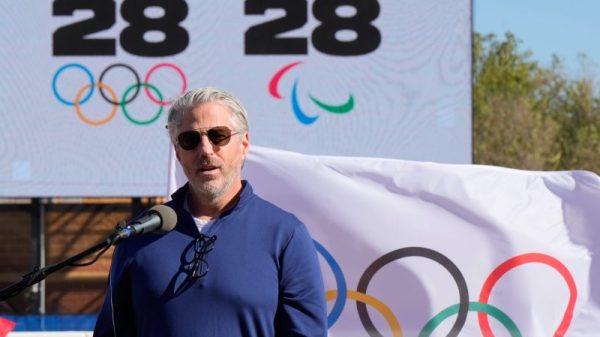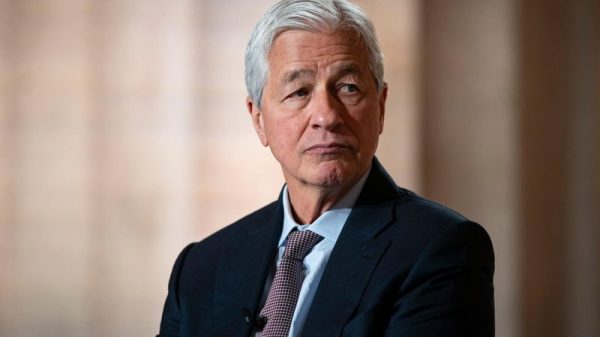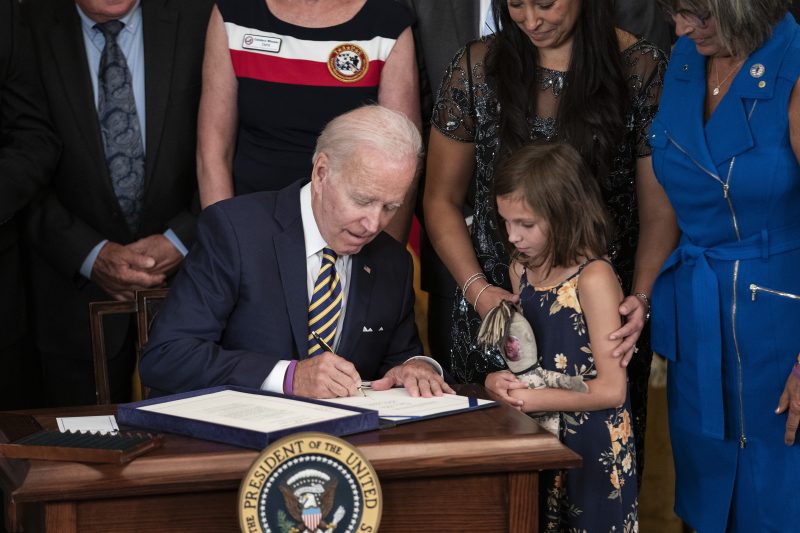President Biden on Friday is planning to deliver remarks centered on new benefits available to veterans who have been exposed to toxic chemicals. The remarks will be given at a National Guard facility named after his late son, whose death Biden has come to believe was a result of his military service near toxic burn pits in Kosovo and Iraq.
The visit to the Major Joseph R. “Beau” Biden III National Guard/Reserve Center in New Castle, Del., is part of more than 90 events that the Department of Veterans Affairs has been holding around the country to encourage veterans to utilize new benefits available to them as a result of a law Biden signed in August.
He will be joined by Sen. Thomas R. Carper (D-Del.) and Secretary of Veterans Affairs Denis McDonough. Biden plans to emphasize the far-reaching impacts that burn pits have had on veterans of Afghanistan and Iraq, according to a White House official who previewed some of the remarks.
He will also highlight the care veterans can receive, such as additional screenings, as well as assistance available for surviving families impacted by toxic exposures.
Biden signed the law, known as the Pact Act, to dramatically expand benefits and services for veterans exposed to toxins, mainly in two wars in Iraq and Afghanistan, who may develop injuries and illnesses that take years to manifest themselves.
The bill’s signing was a signature accomplishment for Biden, who has long spoken of the country’s duty to care for its veterans after they return home. He has also occasionally invoked the 2015 death of his son Beau of a glioblastoma while wondering whether that cancer was linked to his son’s exposure to burn pits during his service in the Iraq War. In his first State of the Union address as president, Biden called on Congress to pass burn pits legislation.
Since Biden signed the law on Aug. 10, more than 185,000 veterans have applied for benefits related to it, according to the White House. More than 730,000 veterans have also received new toxic exposure screenings. About 2,500 of the claims were filed by veterans who self-identified as terminally ill.



























